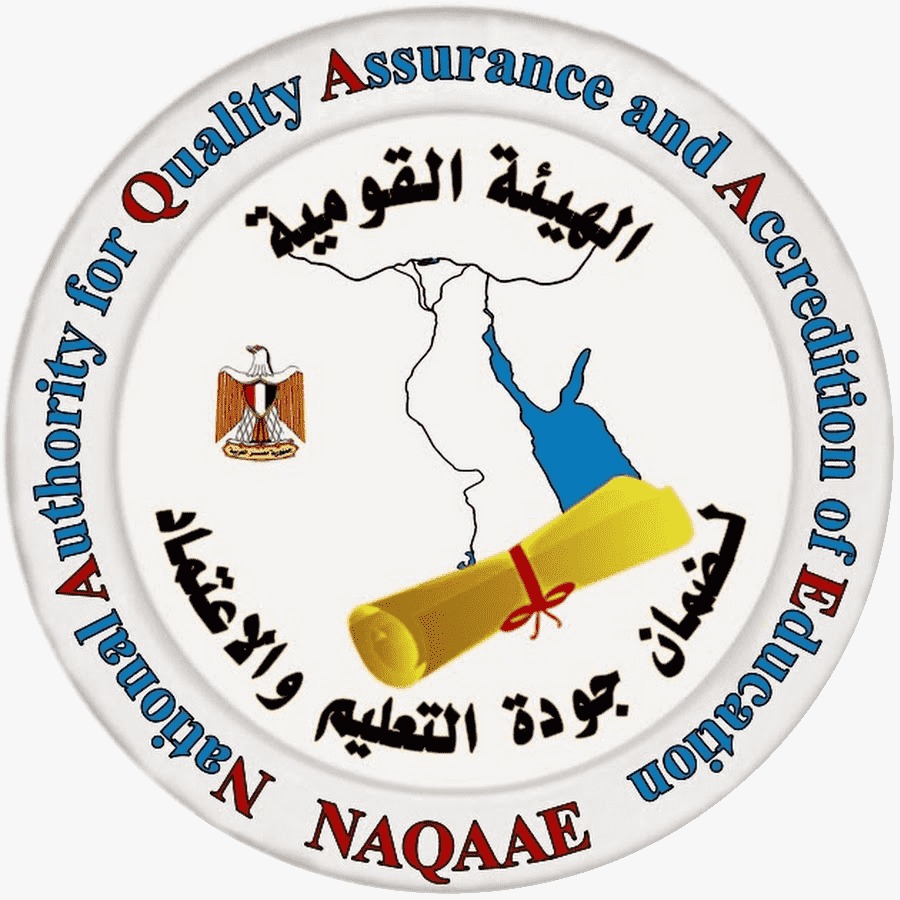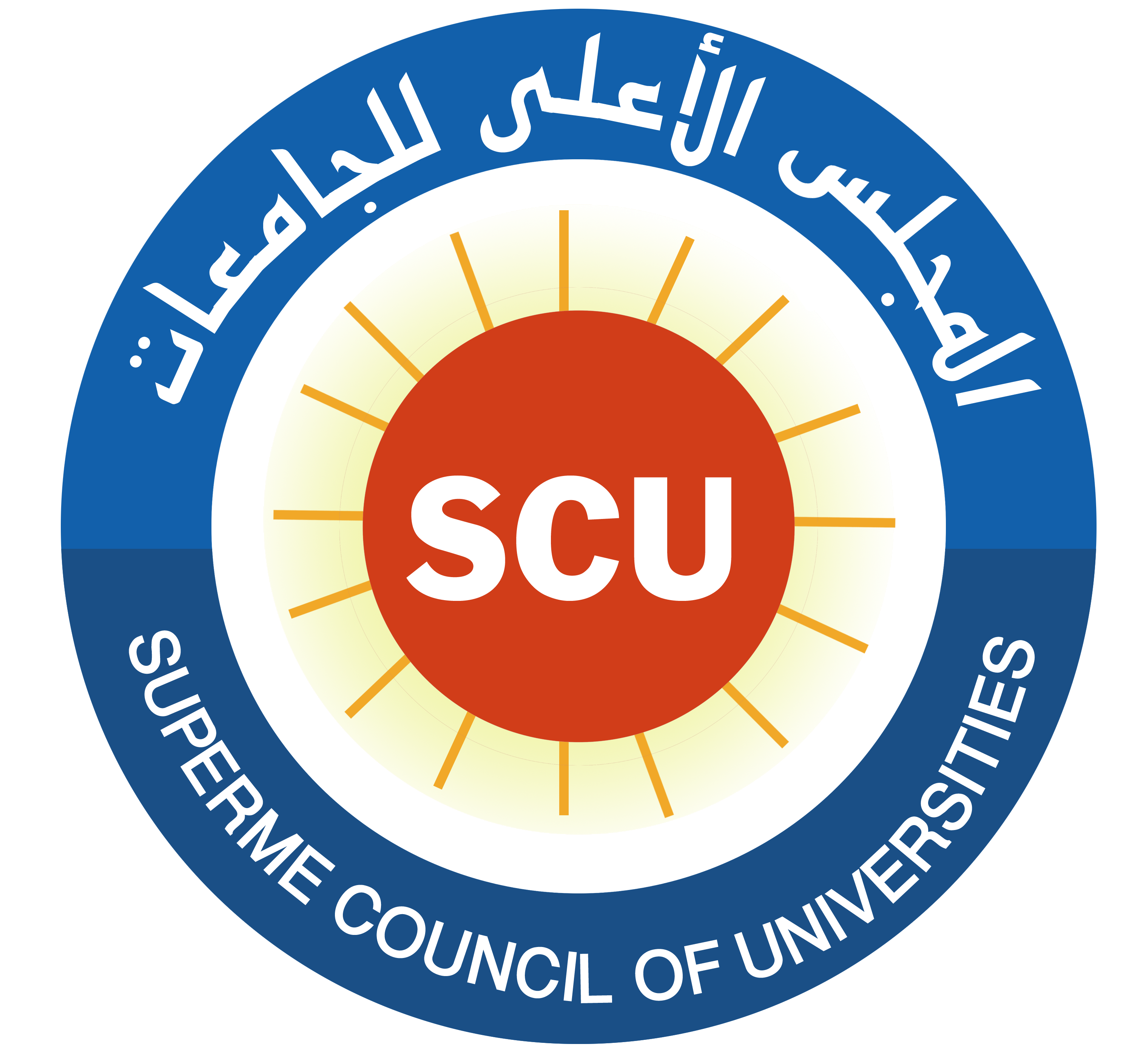
Accreditations
National Accreditation and Quality Assurance Authority of Education (NAQAAE)
NAQAAE is an independent public authority as stipulated by article “1” of law 82 for 2006. It reports to the Egyptian President, Prime Minister, and Parliament. A crucial part of NAQAAE's role is to review how higher education providers, such as universities and colleges, maintain their academic standards and quality.
NU is engaged in an extensive plan for national accreditation. Three applications have been submitted for exploratory visits by the School of Information Technology and Computer Science (ITCS), Mechanical Engineering (MENG), and Electronics and Computer Engineering program (ECE).
In addition, several applications are being prepared for submission within the next few months.
Nile University's Academic Quality Unit responsibilities include:
- Preparing templates for accreditation requirements, including course and program specifications and reports. Templates are designed to maximize the information collected while avoiding redundancy. Once designed, templates are introduced to stakeholders for clarification and fast feedback.
- Students' feedback has been activated since the spring of 2019. Courses evaluations are collected twice per semester. The early evaluation determines prompt actions needed to avoid problems at semester end. In addition, the final evaluation is collected at the end of the semester to conclude the course activities. Once issued, the results are summarized and presented to the leadership; further actions include meetings with faculty and students where results and corrective measures are discussed.
- Faculty training has been organized in collaboration with MOHE and NAQAAE. Various topics include effective teaching, assessment, and strategic planning.
- Faculty orientations are held regularly during the semester's 1st week. These events are good chances for discussion and communication between staff and leadership. Plans and policies are introduced to the team to ensure orientation with daily operations.
Supreme Council of Universities
Nile University is an officially accredited university from the Supreme Council of Universities.
Pearson 
Nile University is accredited by Pearson, an international accreditation institution. It is UK's largest awarding body which is regulated by Ofqual (England), SQA Accreditation (Scotland), CCEA Accreditation (Northern Ireland), and Qualifications Wales (Wales). It offers academic and vocational qualifications that are globally recognized and benchmarked.
On 17th Oct 2019, an external audit visit was hosted at NU, where the audit was conducted by PEARSON UK. The visit covered various academic and administrative aspects at NU. The external reviewer conducted interviews with a wide variety of stakeholders covering leadership, unit heads, faculty, and students. In addition, academic and supporting facilities were examined including lecture halls, educational labs, workshops, clinics, and offices. Other aspects covered included official templates and forms, document workflow, decision-making hierarchy, academic assessment procedures, and policies.
Due to the positive report, PEARSON assured status was extended for one extra year. Currently, plans are developed at the NU quality unit to further collaborate with PEARSON UK.
How will these accreditations benefit our students?
Graduates benefit from an accredited degree in the market where prospective employers can quickly verify that you have the education needed to succeed in a given role, providing you with an advantage as the screening process moves forward.
Accreditation also matters to many students because educational institutions will only provide grants and loans to learners at accredited institutions. It will also make it easy for students to go pursue Master's and Ph.D. degrees from abroad transferring credits will be that much easier or even not needed.
Choosing an accredited university from Pearson also makes it easier to alter your educational path as time goes on. Students who start at unaccredited institutions often find it difficult or impossible to transfer their credits, increasing the time and expense associated with earning a degree.
